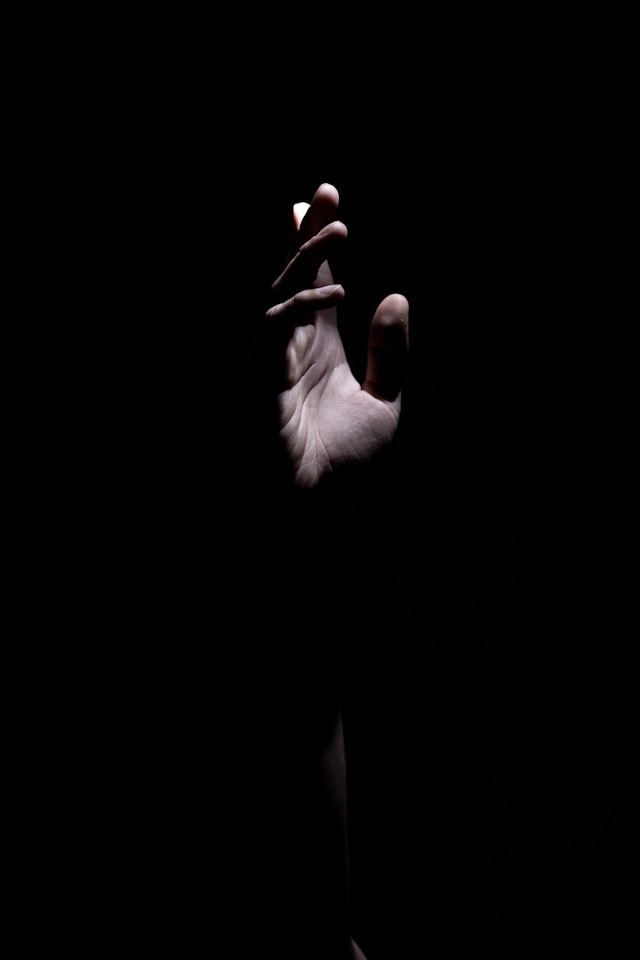Out my window a squirrel reclines like John on Jesus’ breast. A summer night in Joshua Tree I watched meteor after meteor streak across the sky in a Perseid shower. There are small delights in nature as well as great grandeur and beauty. On the flip side she can be a horror, a “howling wilderness.” As I write this hurricane Melissa has savaged Jamaica and is bearing down on Cuba and the Caribbean. It is in this tension between its enormity, power and beauty that man continues to find perspective and peace.
“There is but one spot on El Capitan’s upper margin where
one can lie down and look into the abyss 3,300 feet beneath him. If a man is a
little touched with self-conceit, let him seek this position. Then in his
humility and thankfulness would he exclaim with good old Job, “What is man that
thou shouldst magnify him.” So writes James Mason Hutchings, the father of
Yosemite. I had a similar experience hiking solo down the Narrows in Zion
national park. As I stood in the river with towers of red rock rising on either
side, I felt immense peace and an assurance that God was in control.
Spurgeon, the great preacher struggled with deep
depression. He wrote, “He who forgets the humming of the bees among the
heather, the cooing of the wood-pigeons in the forest, the song of birds in the
woods…needs not wonder if his heart forgets to sing and his soul grows heavy.” I
have sensed God in wind whipping down a canyon and grass growing beside a pond.
Cycling up the west coast years ago a friend and I got
stuck in a storm. Hail pelted our helmets as we climbed hills overlooking the ocean.
In that beauty with nature fiercely hurling herself at us, I felt very much
alive. When soul and heart grow heavy there is no cure like hurling ourselves
from our creature comforts into an encounter with creation.












